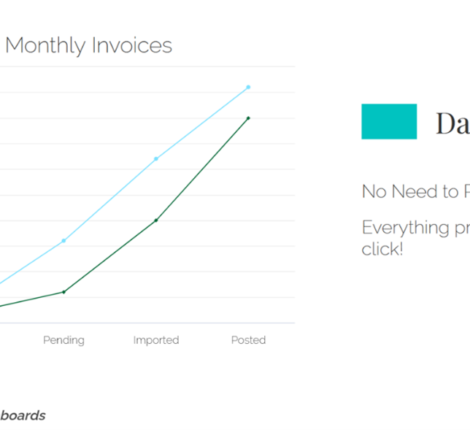SYSTEM INTEGRATION SERVICES MARKET WORTH $665.6 BILLION BY 2028
The system integration services market is experiencing rapid growth and is projected to reach a value of $665.6 billion by 2028. This surge can be attributed to the increasing demand for seamless connectivity and efficient data management across various industries. System integration services play a crucial role in integrating different software, hardware, and network components into a unified system, enabling organizations to streamline their operations and enhance productivity.
Key Factors Driving Market Growth
1. Increasing Adoption of Cloud Computing:
The widespread adoption of cloud computing has led to a surge in the demand for system integration services. As organizations migrate their applications and data to the cloud, they require seamless integration between on-premises systems and cloud-based platforms. System integration services facilitate this transition by ensuring smooth data flow and interoperability between different environments.
2. Growing Complexity of IT Infrastructure:
With the advancement of technology, organizations are deploying a wide range of applications, software, and hardware solutions to support their operations. However, managing these diverse components can be challenging without proper integration. System integration services help organizations overcome this complexity by integrating disparate systems, enabling them to operate as a cohesive unit.
3. Need for Real-time Data Analysis:
In today’s data-driven world, organizations rely on real-time insights to make informed business decisions. System integration services enable the seamless exchange of data between different systems, allowing organizations to analyze information in real-time. This capability enhances operational efficiency, improves customer experiences, and drives business growth.
Market Segmentation:
The system integration services market can be segmented based on service type, end-user industry, and geography.
1. Service Type:
a) Infrastructure Integration: This segment involves integrating hardware components such as servers, storage devices, and networking equipment into a unified infrastructure.
b) Application Integration: Application integration focuses on integrating different software applications to ensure seamless data flow and interoperability.
c) Consulting and Training: This segment provides consulting services to organizations, helping them design and implement effective integration strategies. It also offers training programs to enhance the skills of IT professionals in managing integrated systems.
2. End-user Industry:
a) IT and Telecommunication: The IT and telecommunication industry is a major consumer of system integration services, as it requires seamless integration between various software applications, networks, and communication systems.
b) Healthcare: The healthcare industry relies on system integration services to integrate electronic health records (EHRs), medical devices, and other healthcare systems for efficient patient care.
c) Manufacturing: System integration services play a crucial role in the manufacturing industry by integrating production systems, supply chain management software, and enterprise resource planning (ERP) systems.
3. Geography:
The system integration services market is segmented into North America, Europe, Asia Pacific, Latin America, and the Middle East & Africa. North America currently dominates the market due to the presence of several key players and the high adoption of advanced technologies. However, the Asia Pacific region is expected to witness significant growth during the forecast period due to rapid industrialization and digital transformation initiatives.
Challenges and Opportunities:
While the system integration services market presents immense opportunities for growth, it also faces certain challenges. Some of these challenges include:
1. Complexity of Integration: Integrating diverse systems can be complex, requiring expertise in multiple technologies and platforms. Organizations need to partner with experienced system integrators who possess the necessary skills and knowledge.
2. Security Concerns: As organizations integrate different systems, they must ensure data security and protect against cyber threats. System integrators need to implement robust security measures to safeguard sensitive information.
3. Rapid Technological Advancements: The system integration landscape is constantly evolving with new technologies emerging regularly. System integrators must stay updated with the latest trends and innovations to provide cutting-edge solutions to their clients.
Despite these challenges, the system integration services market offers significant growth opportunities. The increasing adoption of Internet of Things (IoT), artificial intelligence (AI), and big data analytics presents new avenues for system integration. Additionally, the rising demand for digital transformation across industries will further drive the need for system integration services.



